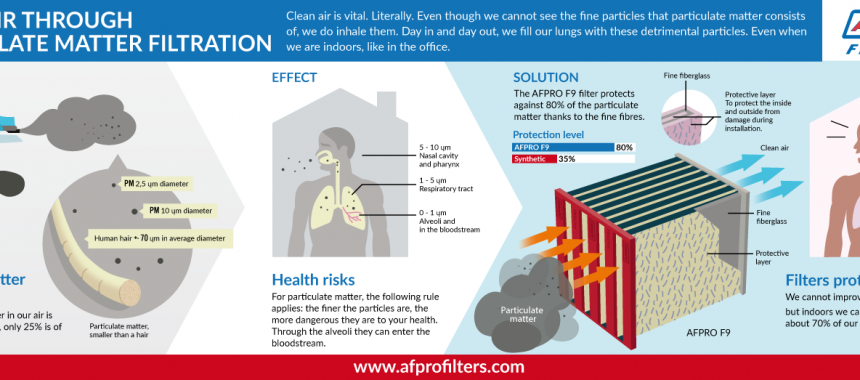Exploring The Environmental Advantages Of Warmth Pumps - A Sustainable Home Heating Option
Exploring The Environmental Advantages Of Warmth Pumps - A Sustainable Home Heating Option
Blog Article
Author-Long Strand
In an age where sustainability and power performance are paramount, many businesses look for eco-friendly heating options. One such option is the heatpump.
A heat pump extracts the heat in its surroundings and pumps it right into your home, causing one of the most effective eco-friendly central heating unit around. This process also creates zero greenhouse gas emissions, making it a highly sustainable modern technology.
installation service are very energy reliable and require little maintenance. They use less electrical energy than various other heater and are without a doubt one of the most environmentally friendly. They work well with rooftop solar and can usually pay for themselves in utility savings alone.
They can also supply air conditioning, which is wonderful for garage workshops, attic hangouts and bonus spaces, and home additions without expanding the existing ductwork. They can even be utilized for retrofits in existing homes with hydronic (water-based) circulation systems such as reduced temperature radiators or radiant floorings.
heating and air conditioning units for versions with SEER and HSPF rankings that fulfill or go beyond copyright's minimum criteria, along with the criteria in your region. Higher scores indicate higher effectiveness, which saves you cash over time and lowers your carbon impact. You may also qualify for discounts and rewards! The very best systems are those with a ground warmth exchanger for included performance. These units can soak up thermal power from the ground during the winter months and extract it in the summer season.
Lowered Greenhouse Gas Emissions
Heat pumps run on electricity and essentially move heat from the air, even when it's cool exterior. They are able to draw out the free warm caught in air bits and relocate them indoors, decreasing moisture while doing so.
Compared to gas heaters, contemporary heat pumps make use of less than one kilowatt of electricity per kilowatt of heating power they produce. This makes them one of the most energy reliable heating option available with a COP (Coefficient of Performance) of 4 or more. By reducing the need for fossil fuels, heat pumps help in reducing greenhouse gas exhausts and reduce various other significant air pollutants.
Building decarbonization is a worldwide critical, and the heating and cooling field is an essential chauffeur of that process. Whether it's investor making web zero dedications, plan manufacturers establishing emissions limitations, or lessees demanding greener spaces, electric heatpump are being recognized as an important option. They are a cost-efficient means to lower carbon discharges by removing the need for nonrenewable fuel sources in buildings.
Adaptability
Heat pumps can be utilized in several sorts of homes and structures-- with or without air ducts. They collaborate with hot-water radiators, air-conditioning and programmable thermostats. why not try these out can change furnaces or be installed in new residences. They can run on photovoltaic panels, geothermal systems and even district heating resources like wastewater.
They're terrific at delivering more warmth per power device. As home ventilation christchurch , an air-source heat pump creates approximately three or even more home heating devices from each power device it takes in.
Getting one of the most from your heatpump will rely on your environment zone and high quality of insulation. Look for designs with power celebrity ratings and contrast their SEER or HSPF specifications. In warmer environments, concentrate on SEER; in colder regions, consider a system with a greater HSPF ranking. On top of that, invest in air securing and insulation to lower the load on your heatpump. That will enhance energy performance and help you reach your Net Absolutely no objectives quicker.
Biomass Boilers
Biomass boilers use timber pellets, chips or logs to create heat and hot water. They are a great choice for off-grid buildings or those who want to get off the gas grid.
As a standalone heater, biomass can supply enough power to keep your home cozy all year round without the normal warm drop off of other renewable modern technologies. They can also be used combined with photovoltaic panels to increase financial savings and gain from RHI settlements.
A downside of these systems is the in advance price and routine fuel shipments. Frequently, pellets will certainly require to be blown right into a gas store utilizing a vacuum cleaner system or they can be by hand fed into the central heating boiler via a receptacle. Logs are usually self-sourced from close-by forest or bought wholesale. In addition to this, they require manual loading and may need cleansing regularly.